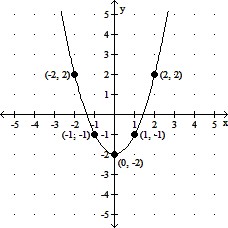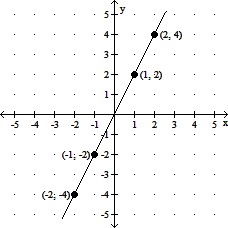Give the appropriate form of the partial fraction decomposition for the following function.g(x) = 
A.  +
+  +
+ 
B.  +
+ 
C.  +
+ 
D.  +
+  +
+ 
Answer: A
You might also like to view...
Solve the problem.Does the graph of the function y = 4x + 2 sin x have any horizontal tangents in the interval  If so, where?
If so, where?
A. Yes, at x =  , x =
, x = 
B. Yes, at x =  , x =
, x = 
C. No
D. Yes, at x = 
Simplify the exponential expression. Write any negative exponents as positive exponents. Assume all variables represent positive real numbers.(-64)4/3
A. 4,096 B. not a real number C. 256 D. -256
For the functions f and g, find the requested value.Evaluate (f ? g)(1).y = f(x)y = g(x) ?
?
A. 3 B. 1 C. 5 D. 2
Find the system of equations to model the problem. DO NOT SOLVE THIS SYSTEM.In producing three types of bricks: face bricks, common bricks, and refractory bricks, a factory incurs labor, material, and utility costs. To produce one pallet of face bricks, the labor, material, and utility costs are $50, $75, and $35, respectively. To produce one pallet of common bricks, the labor, material, and utility costs are $50, $60, and $30, respectively, while the corresponding costs for refractory bricks are $75, $100, and $45. In a certain month the company has allocated $12,000 for labor costs, $14,500 for material costs and $6,000 for utility costs. How many pallets of each type of brick should be produced in that month to exactly utilize these allocations? Set up a system of linear equations,
letting x, y, and z be the number of pallets of face, common, and refractory bricks, respectively, that must be produced in that month. What will be an ideal response?